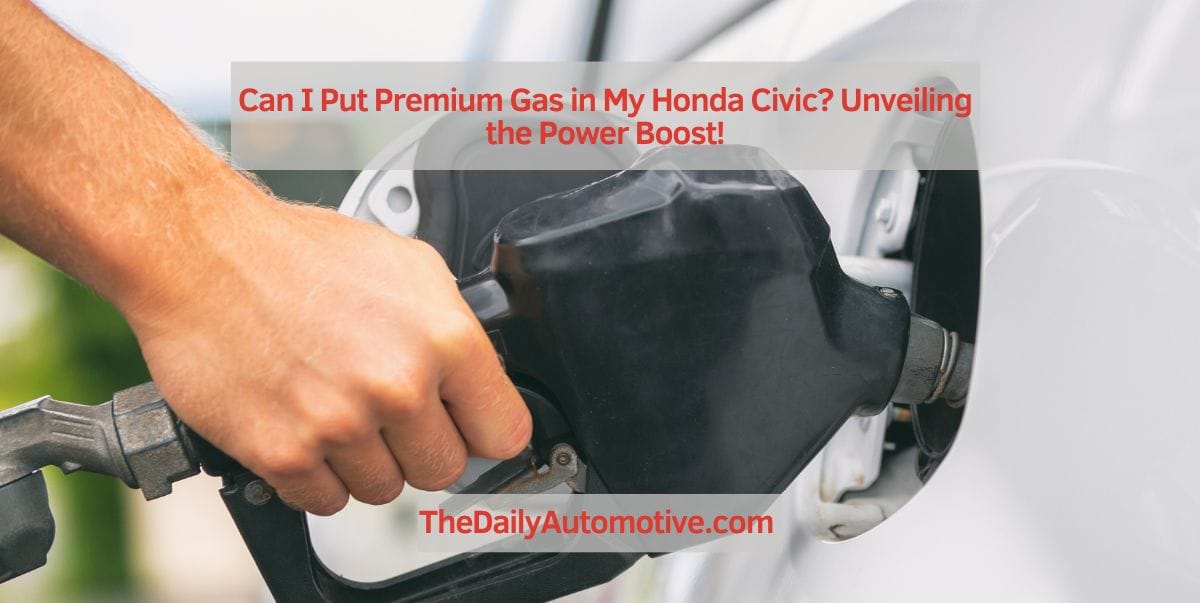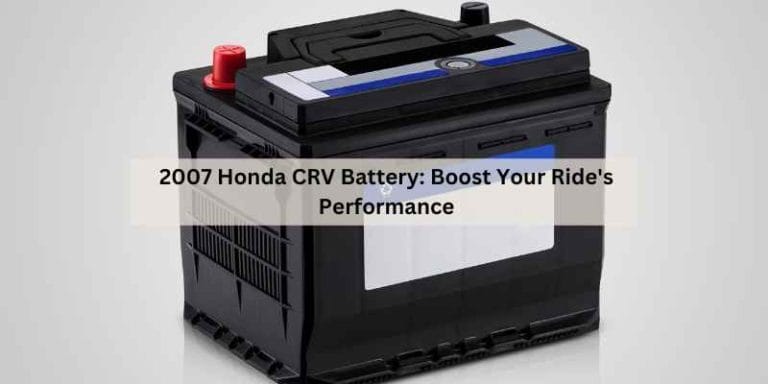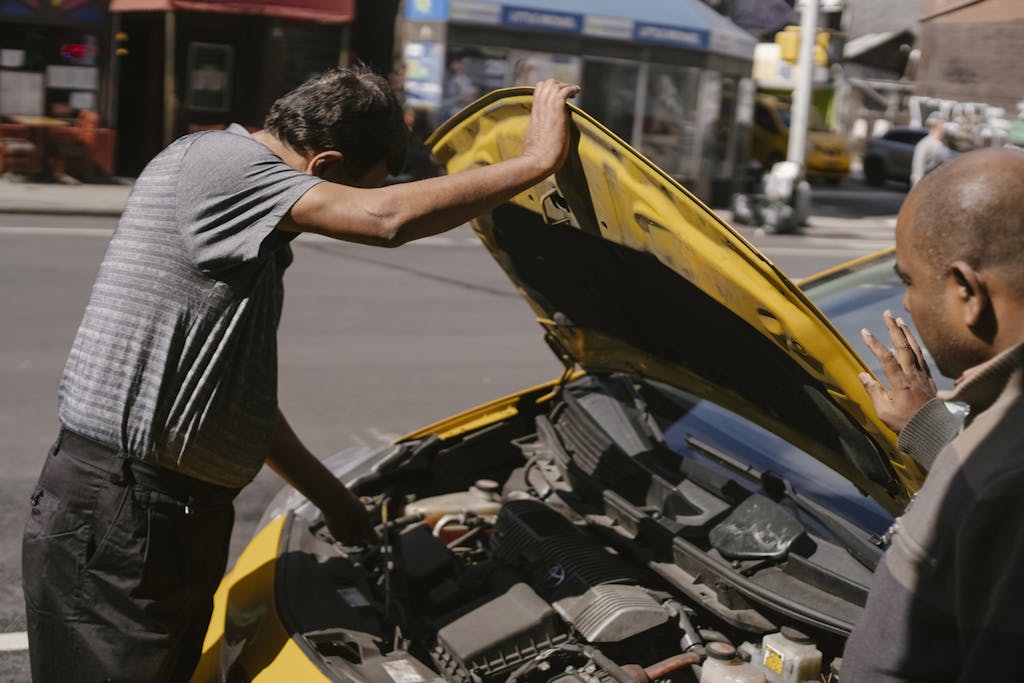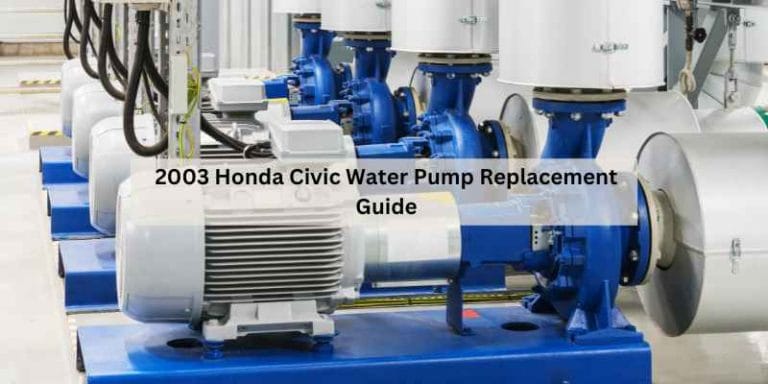Can I Put Premium Gas in My Honda Civic? Unveiling the Power Boost!
Yes, you can put premium gas in your Honda Civic. Switching to premium gas can improve engine performance.
Choosing the right fuel for your car is an essential part of car maintenance. Many car owners wonder if they can use premium gas in their Honda Civic. The answer is simple: yes, you can. In fact, it can even enhance the performance of your vehicle’s engine.
Whether you drive a Honda Civic LX or a Honda Civic Si, using premium gas might be a good option. However, it’s important to understand what premium gas offers and how it differs from regular unleaded gasoline. This article will provide insights into using premium gas in your Honda Civic and highlight its potential benefits.
Exploring The Honda Civic’s Fuel Requirements
The Honda Civic has long been known for its reliability and fuel efficiency. If you’re a proud owner of this popular vehicle, you may be wondering about its fuel requirements. Understanding the recommended fuel type for your Honda Civic is crucial to ensure optimal performance and efficiency. In this article, we’ll delve into the topic of using premium gas in a Honda Civic, exploring its safety, benefits, and drawbacks.
Understanding The Recommended Fuel Type
Before we delve into the question of using premium gas in a Honda Civic, let’s first understand the recommended fuel type for this vehicle. The majority of Honda Civics are designed to run on regular unleaded gasoline with an octane rating of 87 or higher. This means that regular fuel is perfectly suitable for your Civic, providing the necessary power and performance without any issues.
However, it’s important to consult your vehicle’s owner’s manual to confirm the specific fuel requirements for your Honda Civic model and year. The manual will provide you with detailed information on the recommended octane rating and fuel type, taking into account any variations that may exist among different Civic models.
Is It Safe To Use Premium Gas In A Honda Civic?
You might wonder if it’s safe to use premium gasoline in your Honda Civic, even if it’s not the recommended fuel type. The short answer is yes, it’s generally safe to use premium gas in a Honda Civic. However, it’s worth considering a few factors before making that decision.
Firstly, using premium gas will likely have no noticeable impact on the performance or fuel efficiency of your Honda Civic, as the engine is designed to run efficiently on regular unleaded gasoline. The higher octane rating in premium gas is unnecessary in most cases, as it is meant for vehicles with high-performance engines or forced induction systems that require extra resistance to knock or detonation.
Secondly, using premium gas may result in slightly increased fuel costs, as it is typically more expensive than regular unleaded gasoline. If your vehicle doesn’t specifically require premium gas, it’s likely more cost-effective to stick to regular fuel.
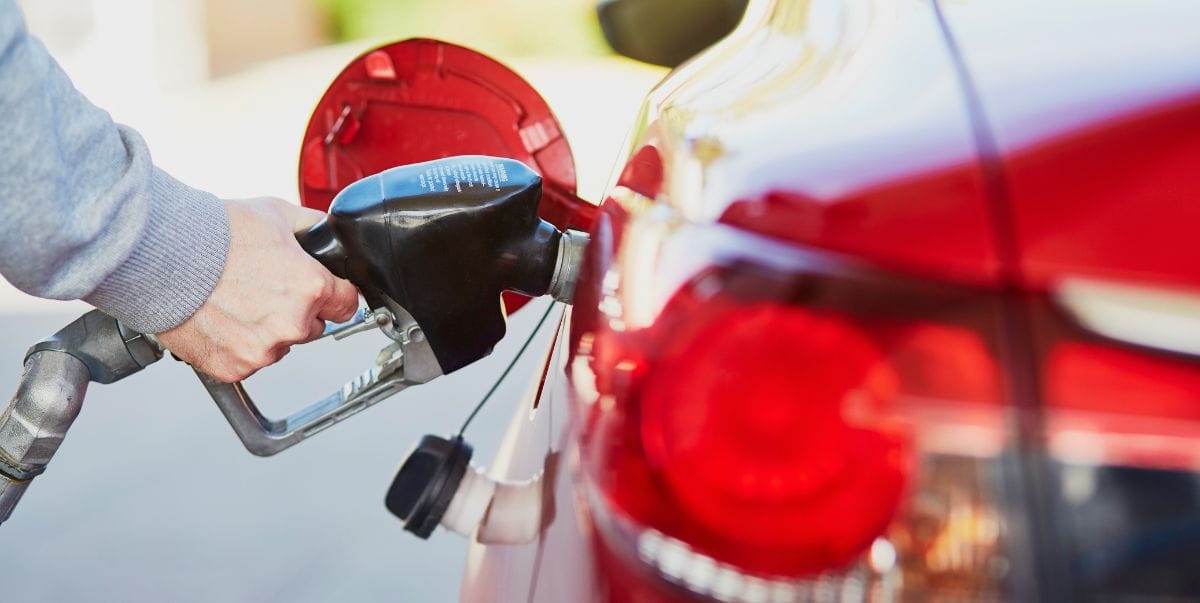
Potential Benefits And Drawbacks Of Using Premium Gas In A Honda Civic
While using premium gas in a Honda Civic may not provide any significant benefits, there are some potential advantages that could be considered. These include a slightly cleaner combustion process, which might lead to reduced carbon buildup and potentially extend the life of emission control system components.
However, it’s important to note that the potential benefits mentioned above are generally minimal and may not outweigh the increased cost of premium gas. It’s crucial to evaluate whether the benefits justify the higher price tag, especially if they don’t align with the specific requirements and design of your Honda Civic.
To summarize, while it is generally safe to use premium gas in a Honda Civic, it’s important to consider the specific fuel requirements outlined in your vehicle’s owner’s manual. Regular unleaded gasoline with an octane rating of 87 or higher is typically the recommended fuel type for a Honda Civic, providing the necessary performance and efficiency. While using premium gas may have minimal advantages, it’s crucial to consider whether those benefits justify the increased cost before making a decision.
The Science Behind Premium Gasoline
As a Honda Civic owner, you may have wondered whether it’s advisable to use premium gasoline in your car. This article delves into the science behind premium gasoline and its potential benefits and drawbacks for your Honda Civic.
Composition And Octane Rating
When it comes to understanding premium gasoline, it’s essential to know its composition and octane rating. Premium gasoline typically contains a higher concentration of detergents and additives compared to regular gasoline. These additives are designed to enhance engine performance, reduce carbon deposits, and maintain fuel system cleanliness.
The octane rating, denoted as the Research Octane Number (RON) or the Anti-Knock Index (AKI), is a measure of a fuel’s ability to withstand knocking or pre-ignition in an engine. Premium gasoline generally has a higher octane rating, typically 91 or 93 octane, compared to regular gasoline, which typically has an octane rating of 87.
Effects On Engine Performance And Efficiency
Using premium gasoline in your Honda Civic may offer certain advantages, especially in terms of engine performance and efficiency. The higher octane content in premium gasoline allows the engine to resist pre-ignition, which can occur under high compression. This resistance to pre-ignition helps optimize the combustion process and may result in smoother engine operation and improved power output.
Furthermore, the added detergents and additives in premium gasoline help maintain fuel system cleanliness, preventing the accumulation of deposits on the fuel injectors, intake valves, and combustion chamber. This cleaner fuel system can lead to improved fuel efficiency and decreased emissions over time.
Mythbusting: Premium Gasoline Vs. Regular Gas
There is a common misconception that using premium gasoline will significantly enhance the performance of a Honda Civic designed to run on regular gasoline. However, it’s important to note that unless your vehicle’s manufacturer specifically recommends the use of premium gasoline, using it may not result in substantial performance gains. In fact, using premium gasoline in a vehicle that doesn’t require it may be an unnecessary expense.
According to the Federal Trade Commission (FTC), using gasoline with a higher octane rating than recommended by the manufacturer does not improve fuel economy, horsepower, or engine life. It’s always best to consult your Honda Civic owner’s manual or contact the manufacturer to determine the recommended octane rating for your specific vehicle.
Ultimately, the decision to use premium gasoline in your Honda Civic depends on your vehicle’s specific requirements and your personal preference. While premium gasoline may offer certain benefits, it’s essential to weigh the potential advantages against the increased cost per gallon.
Making An Informed Decision
When it comes to fueling up your Honda Civic, you want to make sure you’re making the best choice for your vehicle’s performance and longevity. One question that often arises is whether it’s okay to put premium gas in a Honda Civic. To help you make an informed decision, there are a few factors to consider, such as your driving habits and needs, consulting the vehicle owner’s manual, and seeking expert opinions and field experiences. Let’s dive into each aspect and find the answers you’re looking for.
Before deciding on the type of fuel to use in your Honda Civic, it’s essential to assess your driving habits and needs. While premium gas offers benefits such as better engine performance and fuel efficiency, it also comes at a higher cost. If you mostly engage in regular everyday driving with no extreme acceleration or heavy loads, using regular unleaded fuel might be sufficient for your needs. On the other hand, if you frequently drive in challenging conditions or demand more power from your Civic, like during intense highway merging or uphill driving, premium gas may provide that extra boost and prevent engine knocking or pinging.
When it comes to determining the fuel requirements of your Honda Civic, there’s no better source than the vehicle owner’s manual. This comprehensive guide provided by the manufacturer contains valuable information specific to your model and year. It will clearly specify the recommended fuel grade for optimal performance and longevity. The owner’s manual will also highlight any potential adverse effects of using a different fuel grade. By following the manufacturer’s guidelines, you can ensure that your Honda Civic operates at its best and avoid any unnecessary damage or warranty complications.
In addition to your driving habits and the owner’s manual, seeking expert opinions and considering field experiences can provide practical insights into using premium gas in a Honda Civic. Many automotive experts have extensively tested the effects of different fuel grades to offer their recommendations. They take into account factors such as engine design, fuel injection systems, and spark plug technology to provide a well-rounded perspective. Furthermore, sharing experiences and insights from Honda Civic owners who have tried both regular and premium gas can offer valuable real-world experiences to consider.
Remember, every vehicle is unique, and the decision to use premium gas in your Honda Civic should be based on a thorough evaluation of your driving habits, the manufacturer’s recommendations, and expert opinions. By making an informed decision, you can maximize the performance and longevity of your Civic and ensure a smooth driving experience.
Conclusion
While it is technically possible to use premium gas in a Honda Civic, it is not necessary or recommended. Honda Civics are designed to run efficiently on regular unleaded gas, and using premium gas may not provide any additional benefits.
It is important to follow the manufacturer’s recommendations for fuel type to ensure optimal performance and avoid potential engine damage.

